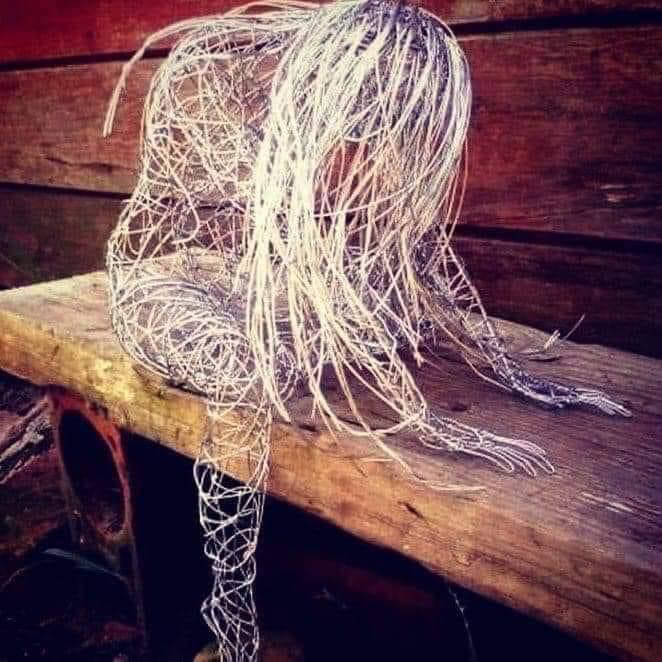Dr. Rodney D. Coates
Professor
of Sociology
Department
of Global and Intercultural Studies
Summary
The
teacher-scholar model actively engages students in research, knowledge
production, and critical reflection. This process utilizes the tension between
teaching and research to challenge students to go beyond the basic concepts to advance
their knowledge and understanding of the current trends within the discipline. In my courses,
students learn that the beginning of research involves asking the right questions
and guiding them to the appropriate research methods and outcomes. In
this way, we teach students the different types of theories, methodologies
(from qualitative to quantitative), and policy implications of the
research. Students take from this a practical guide to the efficacy of
research and the importance of such research in dealing with real-world
problems. The
pedagogical approach is one where research is central to the learning process.
This research starts with each student being required to ask critically
reflective questions based on the assigned readings. During the first half of
the semester, I take these questions and provide current research. In this way,
I teach students the value of asking relevant questions and how analysis can be
used to answer these questions. During the second half of the semester, the
students ask critically reflective questions and conduct their scholarly
research. In both instances, the relevant research becomes the basis of class
discussions.
Discipline-Specific
Narrative
As a sociologist,
I focus on how society, social behavior, institutions, norms, and culture pattern
social relationships and interactions daily. As a teacher-scholar, I actively
engage my students in research, knowledge production, and critical reflection. My
pedagogical approach utilizes the tension between teaching and research to
challenge students to go beyond simply regurgitating concepts, theories, and
ideas. It requires students to critically reflect and analyze, using
sociological theories, methods, and research to examine and understand the social
structure and individual agency. Students become active participants in engaged
learning as they challenge their own and discipline assumptions. I have
designed and taught various sociology courses, from introduction to critical
race and ethnic relations to social justice, movements, and human rights. I
have used engaged learning to challenge students to perform at their highest
levels. This year I received the Mid-American Conference Outstanding Faculty
Award for Student success for these efforts. Finally, over the years, the
questions and research deriving from these classes have informed my
scholarship, resulting in over 80 publications in peer-reviewed journals,
special issues, and books. My co-authored textbook is now being utilized in
over 60 universities across the country. I have also edited four special issues
and volumes that use critical inquiry to examine contemporary race and ethnic
relations. Critical inquiry and engaged pedagogy within my classes have also led
to 72 peer-review publications. These publications have resulted in several
awards from the Association of Black Sociologists, the American Sociological Association,
The Society for the Study of Social Problems, and Sociologist without Borders. I
have received the University’s Distinguished teaching award, and in 2021, I was
awarded the CAS Distinguished Teaching Award.
Quote: “Miami University encourages
excellence in its students and its faculty. It is a place where the teacher-scholar
model becomes how we foster critical inquiry and maximize student achievement.
At Miami, it is not through indoctrination and memorization but student
engagement and scholarship by which learning is accomplished. “
Education:
Ph.D./M.A. The University of Chicago
M.A. University of Illinois
B.A. Southern Illinois University
Brief Biography
I am a public sociologist engaged in critical race, social
justice, social movements, social policy, and practice. I have conducted bias
training with police, educators, and corporate leaders. My work also engages local
communities, corporations, and Miami University to establish pathways to
progress for under-represented students in STEM, business, and law.



Comments
Post a Comment